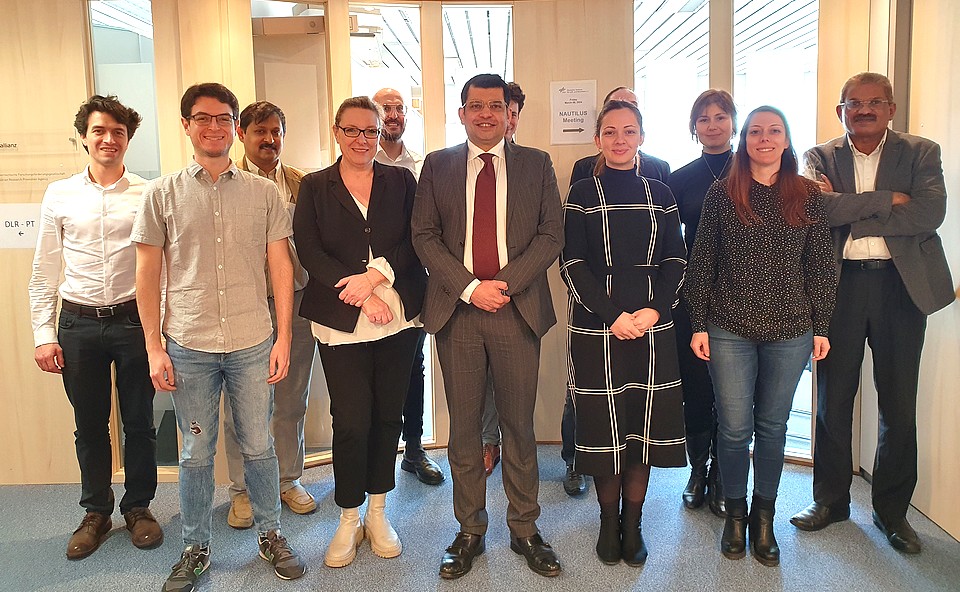The NAUTILUS project team recently concluded our Project Review meeting in Brussels, during which we presented the latest inspiring developments in our project tasks to our project officer, Anna Karamigkou PhD.
Our consortium, comprising key European stakeholders in maritime passenger transport and research institutions, exchanged perspectives and progress in our engaging mission to design and validate a novel propulsion system for large passenger ships, aimed at of significantly reducing greenhouse gas emissions.
Central to our concerted efforts is the innovative design and validation of the Genset concept, which integrates Solid Oxide Fuel Cells (SOFC) with batteries. We anticipate that the upcoming demonstrator testing and measurements will illustrate the substantial progress toward our ambitious goal of developing, evaluating, and validating a highly efficient energy system. The innovative system holds the promise of enabling significant reductions in greenhouse gas (GHG) emissions and effectively minimizing all other diesel engine exhaust gas emission components.
This collaborative endeavour of NAUTILUS signifies a meaningful step towards addressing the pressing issue of environmental sustainability in maritime transport.
This project has received funding from the European Union’s Horizon 2020 research and innovation program under grant agreement No 861647.
Stay in touch with us!
#NAUTILUS_2020 #propulsionsystem #sustainableshipping #battery #fuelcell #cruiseships
***
⇒ Follow us on Twitter/LinkedIn to be on board.
Follow #NAUTILUS_2020
NAUTILUS is a short for Nautical Integrated Hybrid Energy System for Long-haul Cruise Ships.

This project has received funding from the European Union’s Horizon 2020 research and innovation program under grant agreement No 861647.

